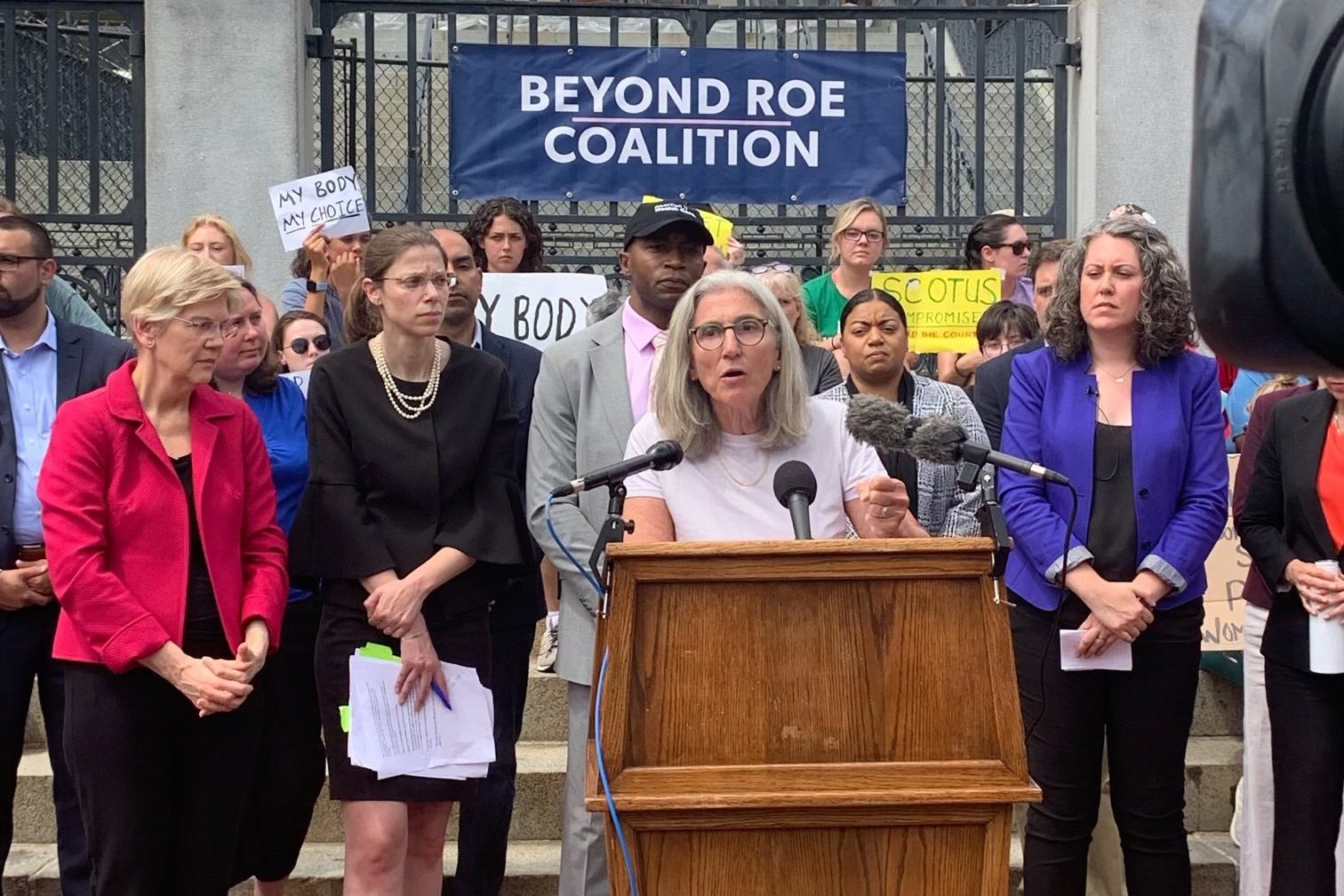Legislation expands harm reduction programs, sober home resources, access to naloxone
(BOSTON—7/30/2024) Today the Massachusetts Senate passed legislation expanding support for residents coping with substance use disorder to stem the toll of an opioid crisis that takes thousands of lives each year.
S.2898, An Act relative to accessing harm reduction initiatives, enables cities and towns to establish a wide range of measures proven to reduce the harms of drug use, including needle exchange programs, drug screenings, and overdose prevention facilities. It makes strides in studying sober home oversight and resources to support those in recovery, and widely expands access to overdose reversal drugs like naloxone.
“As the former Senate Chair of the Joint Committee on Mental Health, Substance Use and Recovery, I know all too well that drug use is a persistent issue that we cannot jail our way out of — we need more tools to reduce deaths from overdose,” said Senator Friedman, Senate Chair of the Joint Committee on Health Care Financing. “The opioid crisis continues to grip our communities, and having more options at our disposal to help keep those struggling with substance use disorder alive and safe so that we can get them into evidence-based treatment is so important. I hope to see the legislature come to a resolution on this legislation soon.”
The bill allows cities and towns to opt in to a number of new harm reduction programs. Those programs include:
- Needle exchange programs
- Primary care services, including disease prevention and health screenings
- Access to, or referrals for, evidence-based treatment options
- Drug testing services
- Overdose reversal care
- Supervision of individuals who consume pre-obtained substances
Programs that provide overdose reversal care and supervision of individuals who consume pre-obtained substances would require approval by the local board of health, select board or city council, and the state Department of Public Health (DPH).… Read more.


